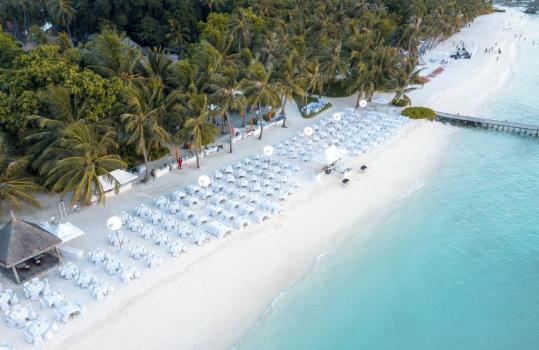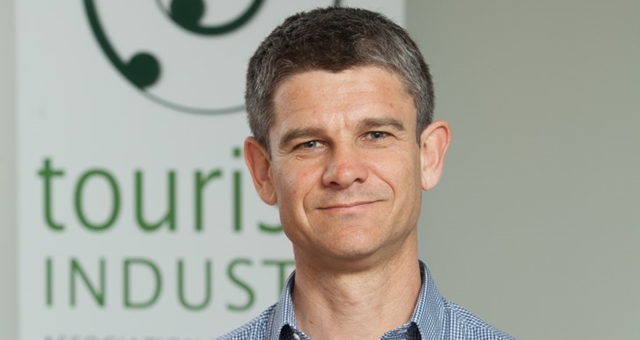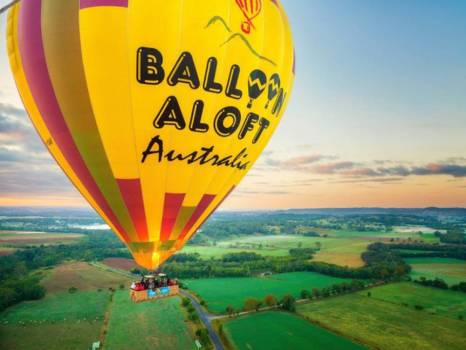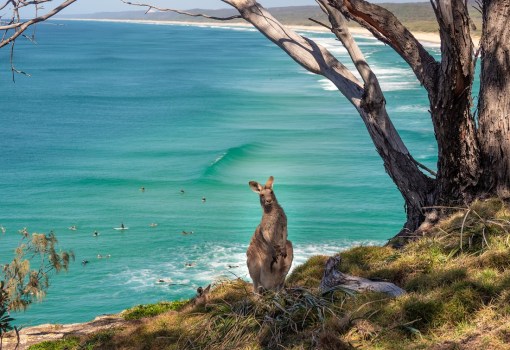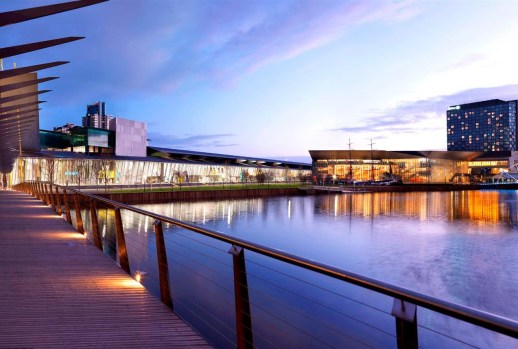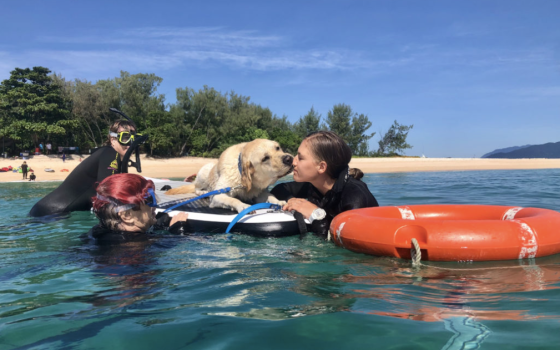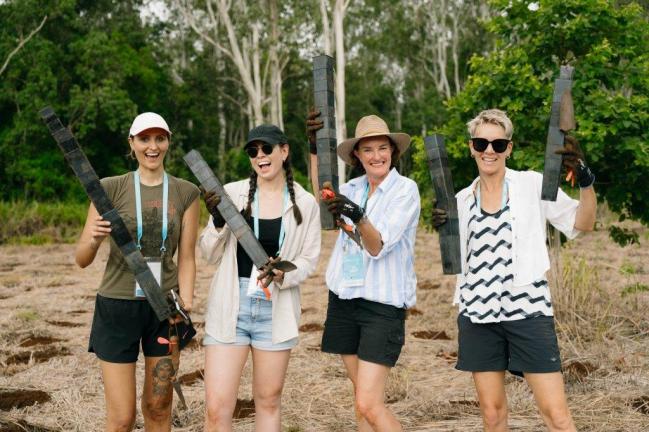
The “TTNQ Sustainability Report 2024” charts the extensive work undertaken to guide the industry towards reducing carbon emissions and contributing to the local environment and community.
TTNQ’s chief executive officer, Mark Olsen, says the sector has taken many steps forward in recent years in terms of measuring its environmental impact.
“Global expectations are rising for the tourism industry to move beyond providing experiences to ensuring tourism is sustainable and contributing to the future of our natural environments and our communities,” he says.
“The ‘TTNQ Sustainability Report 2024’ highlights that Tropical North Queensland has the greatest number of eco-accredited businesses in any region in Australia, and one of the highest in the world.
“We have 84 operators and 191 experiences with Ecotourism or EarthCheck accreditation, which accounts for 21 per cent of our total membership at TTNQ.”
Olsen says the Tropical North Queensland region is set to reach net-zero carbon emissions by 2050.
“The region is on track to reach its net-zero aspiration in 2050 by aiming to reduce the average carbon emissions per visitor from 55kg per day to 42kg in 2032 through the adoption of sustainable aviation fuel, emissions reductions by businesses through solar, reducing waste to landfill, and transitioning to renewables,” he says.
“At least 20 per cent of TTNQ members are measuring and offsetting their impacts through local conservation programs such as Reforest’s Mabi forest rehabilitation for the endangered tree kangaroo on the Atherton Tablelands.
“We appointed a part-time Sustainability Coordinator in September 2023 to support members on their sustainability journey, and established a Sustainability Leaders Cluster Group, which has increased from 71 to 113 members in the past year.
“The Tropical North Queensland First Nations Tourism Plan was launched in May 2023 recognising that all tourism is on country, and supporting Indigenous experiences to develop, and encouraging more visitors to connect with culture.
“Since then, the number of Indigenous experiences in the Australian Tourism Data Warehouse has almost tripled from 12 to 32.
“TTNQ uses media and marketing activities to help the public understand challenges we can’t control, such as bleaching on the Great Barrier Reef, and how they can be more involved in making a difference so they can ‘See Great and Leave Greater’.
“The sustainability journey is a long one, but it is a journey TTNQ and our members are committed to as we continue to promote our unique destination to the world with the promise that every visitor will not only see great, but they will leave greater knowing they have contributed to the protection and management of World Heritage areas.”
Photo at top: (From left) TTNQ’s Corrinne Singleton, Kirsty Boase, Tara Bennett and Harriet Ganfield planting trees at Reforest’s Mabi forest restoration site on the Atherton Tablelands.
